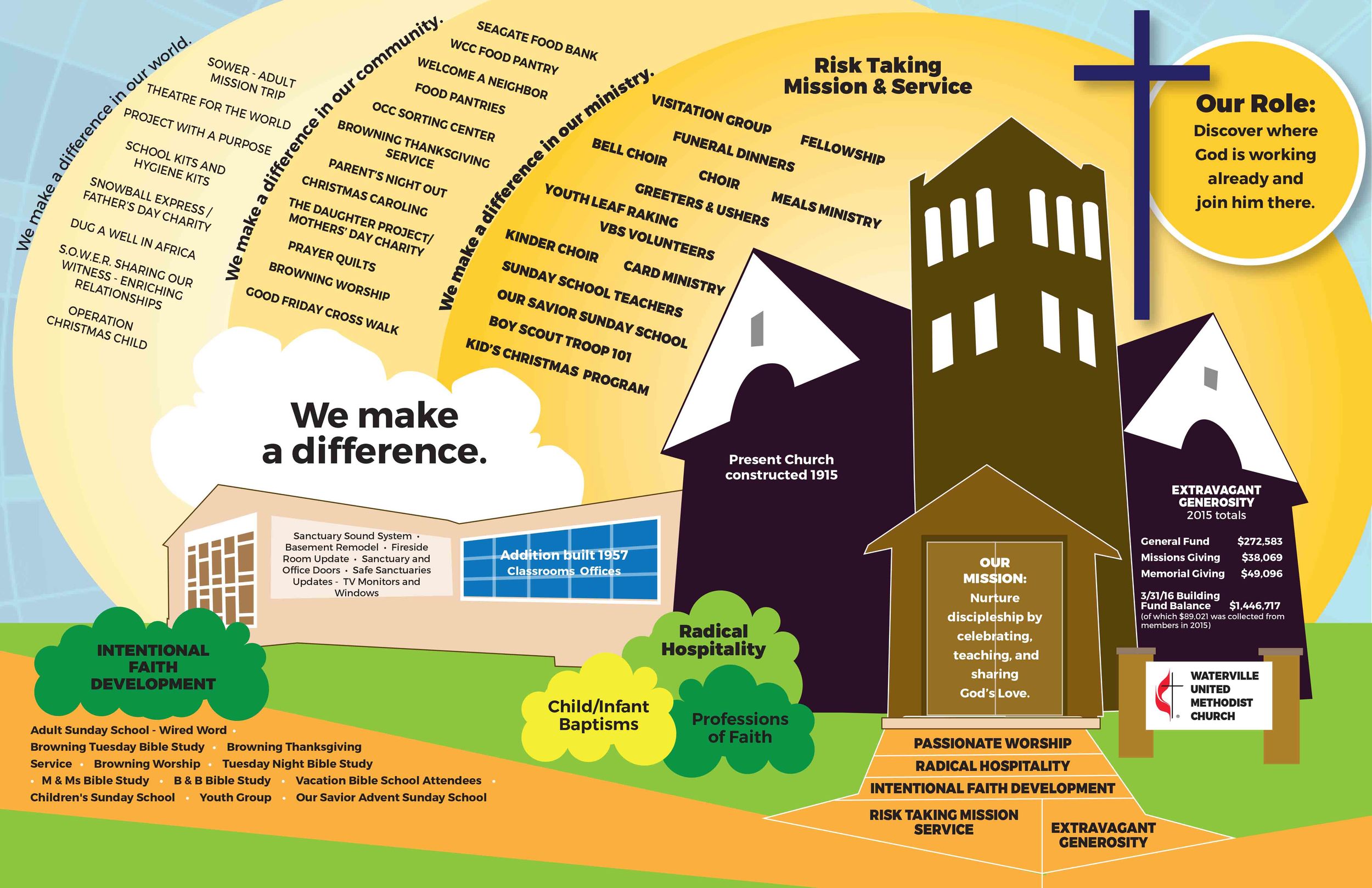Revealing The Extensive Background And Continuing Influence Of Catholic Schools Around The World
Revealing The Extensive Background And Continuing Influence Of Catholic Schools Around The World
Blog Article
Content Composed By-Eskesen Howe
When you take into consideration the background of education and learning, Catholic institutions attract attention for their ingrained practices and lasting influence. These institutions began as a way to impart belief and values, yet they've adjusted incredibly over centuries. Today, they play an important function fit not just academic success however additionally moral integrity. What's fascinating is how they've managed to flourish in the middle of changing social landscapes, raising questions concerning their future significance and influence.
The Beginnings of Catholic Education: A Historical Point of view
Catholic education traces its roots back over 1,500 years, when early Christian areas identified the need for organized discovering. You'll discover that these communities intended to pass on their confidence and worths via education.
Monasteries and basilica colleges became centers of understanding, supporting both spiritual and intellectual development. As you delve deeper, you'll see that the educational program commonly consisted of philosophy, theology, and the liberal arts, made to create well-rounded individuals.
Over linked site , the Church established more formal establishments, making certain that education and learning continued to be accessible to all. The commitment to training ethical worths and promoting a sense of community has actually persisted through the centuries, shaping the academic landscape and influencing plenty of lives worldwide.
This long-lasting legacy remains to influence Catholic education and learning today.
The Advancement of Catholic Colleges Via Cultural Contexts
As cultures developed, so did the duty of Catholic institutions, adapting to the cultural contexts in which they existed. In the early years, these organizations focused largely on religious direction, however as neighborhoods branched out, they started to integrate neighborhood languages, customs, and educational needs.
https://www.tampabay.com/life-culture/history/2021/03/24/ellas-americana-cafe-wants-to-save-seminole-heights-steeple/ 'd observe that Catholic schools usually ended up being facilities for social cohesion, cultivating a feeling of belonging among trainees from different histories. In lots of regions, they resolved social problems, such as destitution and discrimination, by offering accessible education and learning for all.
As you check out different societies, you'll see exactly how Catholic schools have actually shifted their educational program and mentor approaches, showing the values and difficulties of their environments while holding to their foundational objective of confidence and academic quality.
The Modern Role and Impact of Catholic Schools in Society
In today's world, Catholic institutions play an important duty fit not simply the instructional landscape, yet additionally the wider community.
You'll find that these organizations emphasize worths like respect, concern, and social justice, cultivating all-round people who add favorably to culture. By focusing on scholastic excellence and moral growth, Catholic colleges prepare pupils for future difficulties, supporting essential thinking and management abilities.
They often offer diverse populaces, connecting spaces in accessibility to top quality education. In addition, you could discover their dedication to solution, motivating trainees to take part in community outreach and volunteer job.
This blend of education and ethical advice makes Catholic institutions a substantial force, growing responsible people that can influence their neighborhoods for the better.
Conclusion
Finally, Catholic schools have a rich background that's formed their enduring impact on culture. You have actually seen how they have actually adapted to various cultural contexts while preserving a commitment to belief, worths, and academic quality. Today, they continue to play a crucial role in cultivating area, promoting social justice, and nurturing liable people. As you review their legacy, it's clear that Catholic institutions continue to be an effective force for favorable adjustment on the planet.
